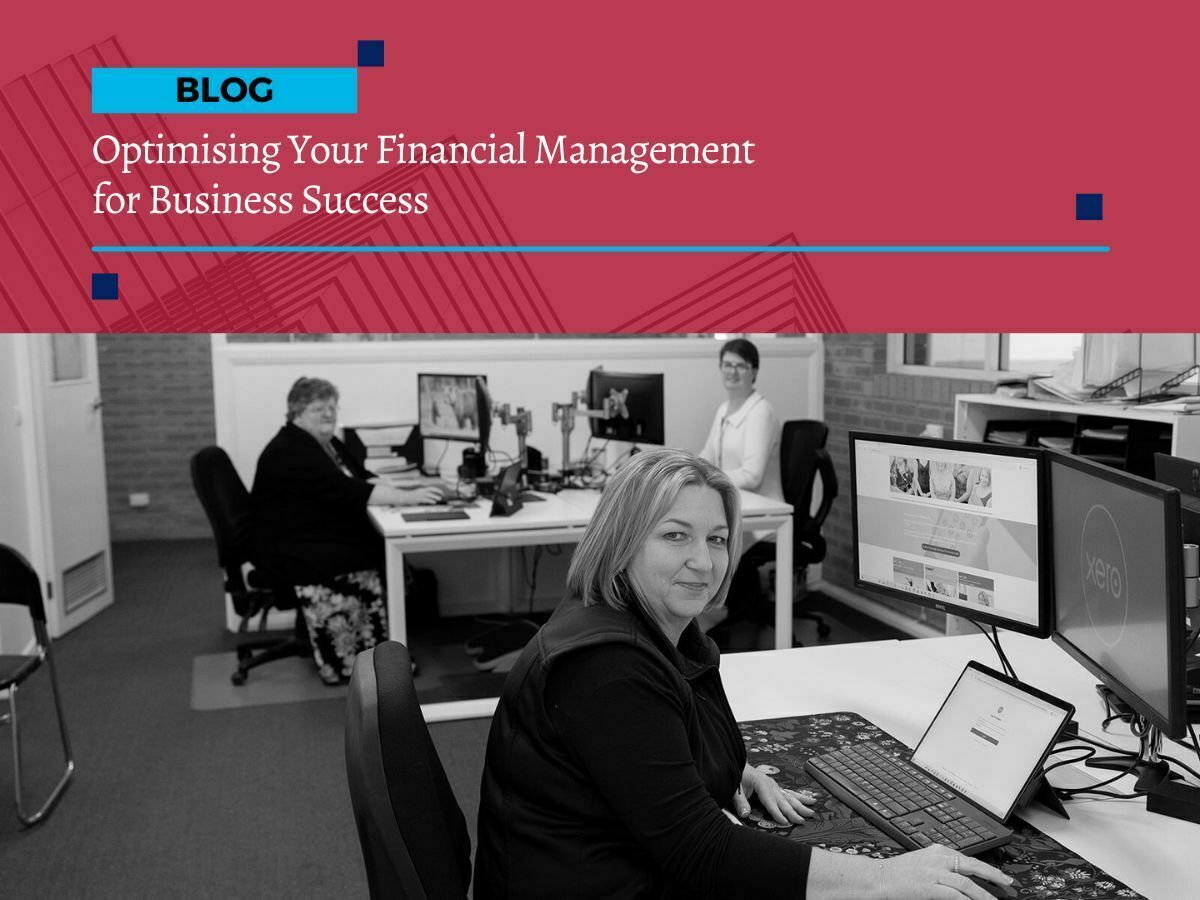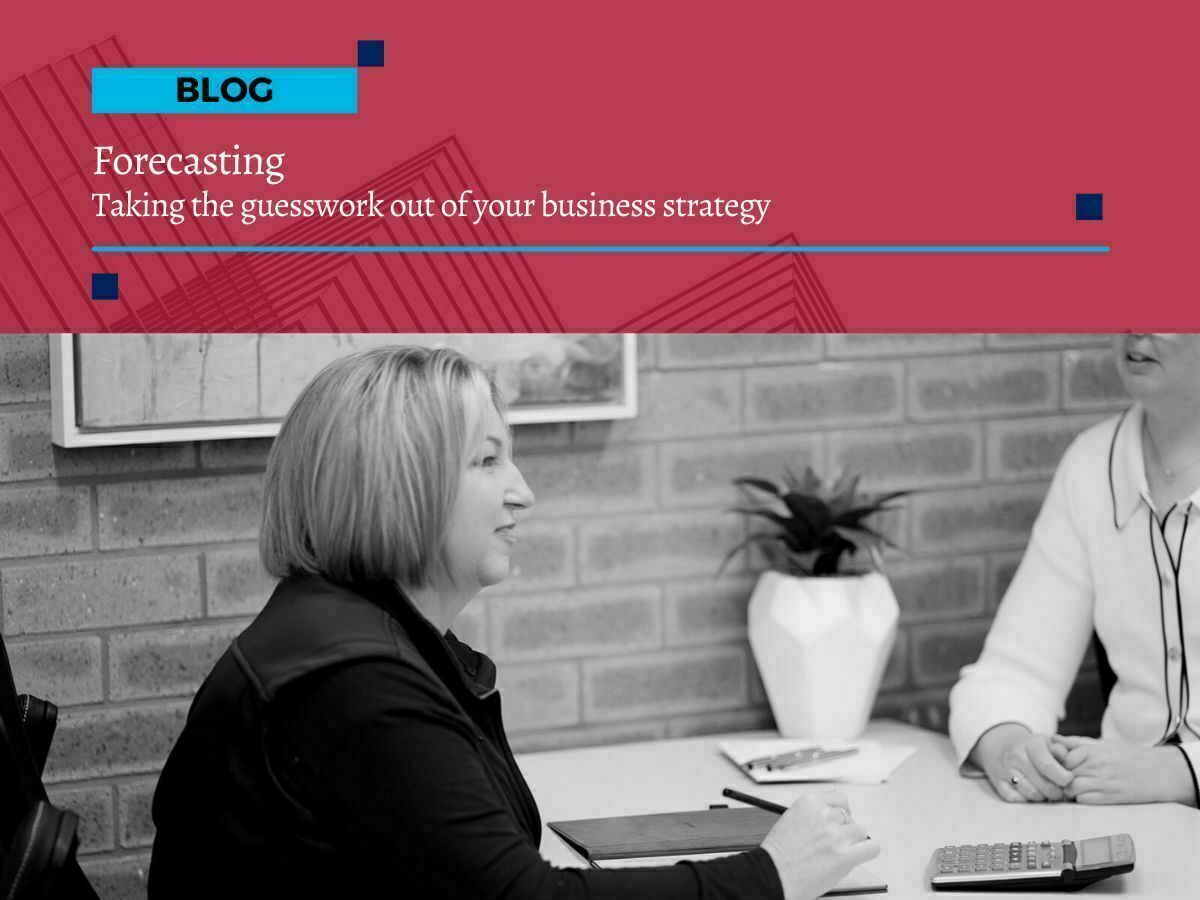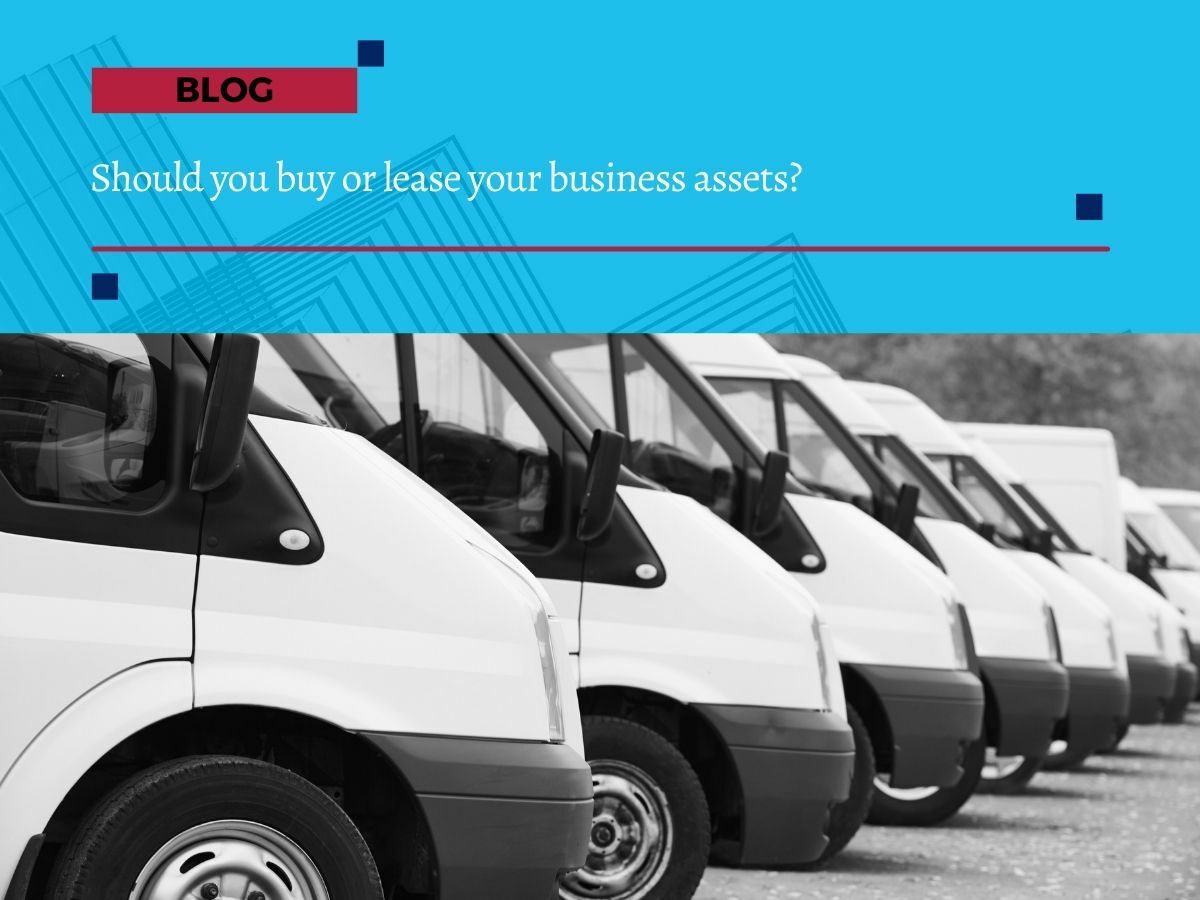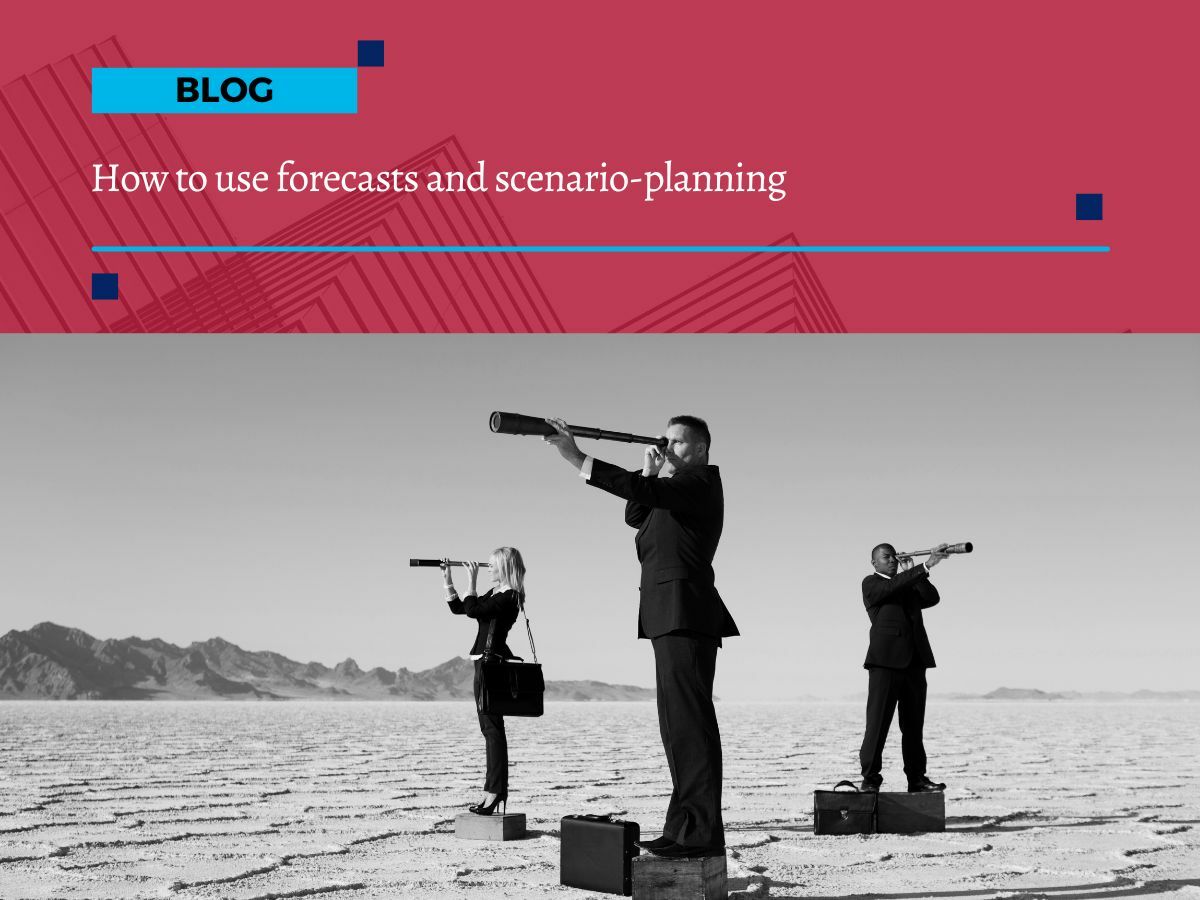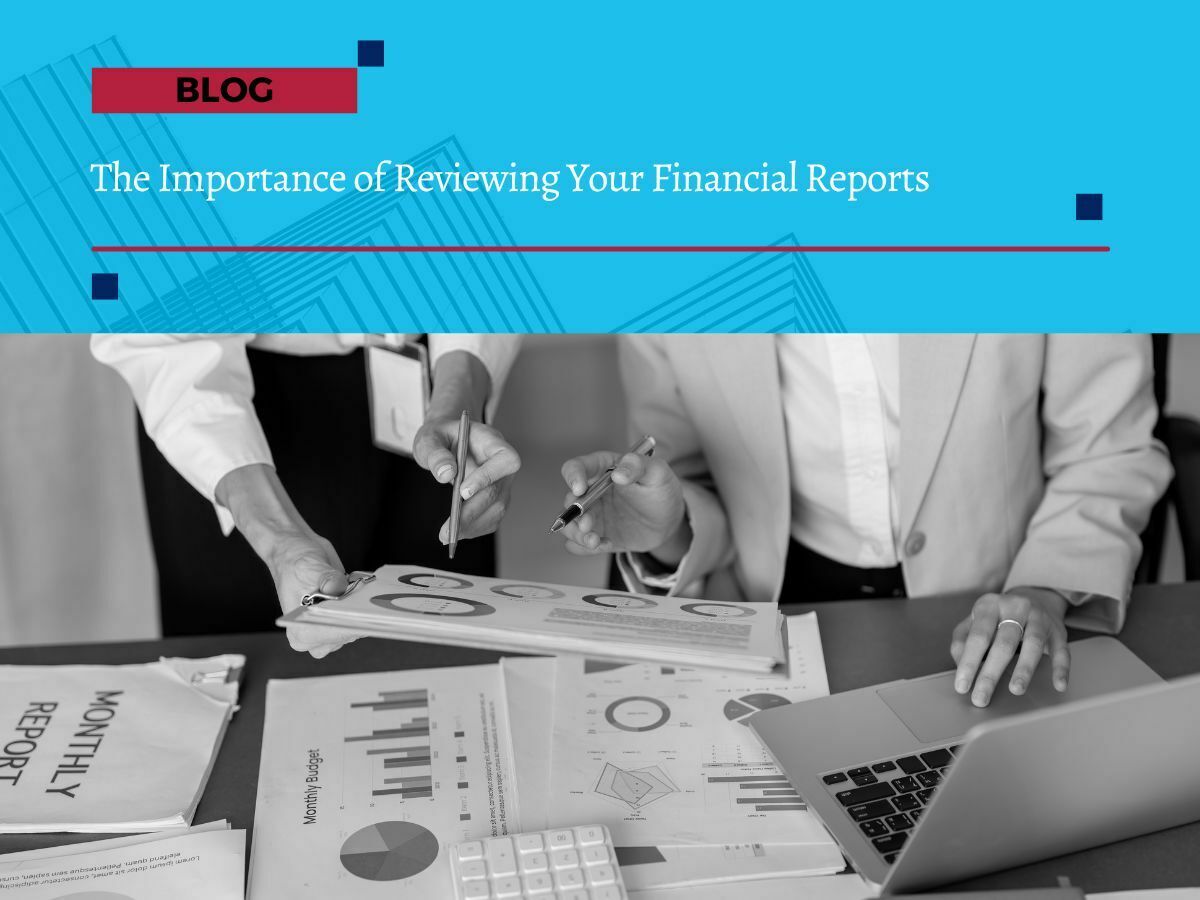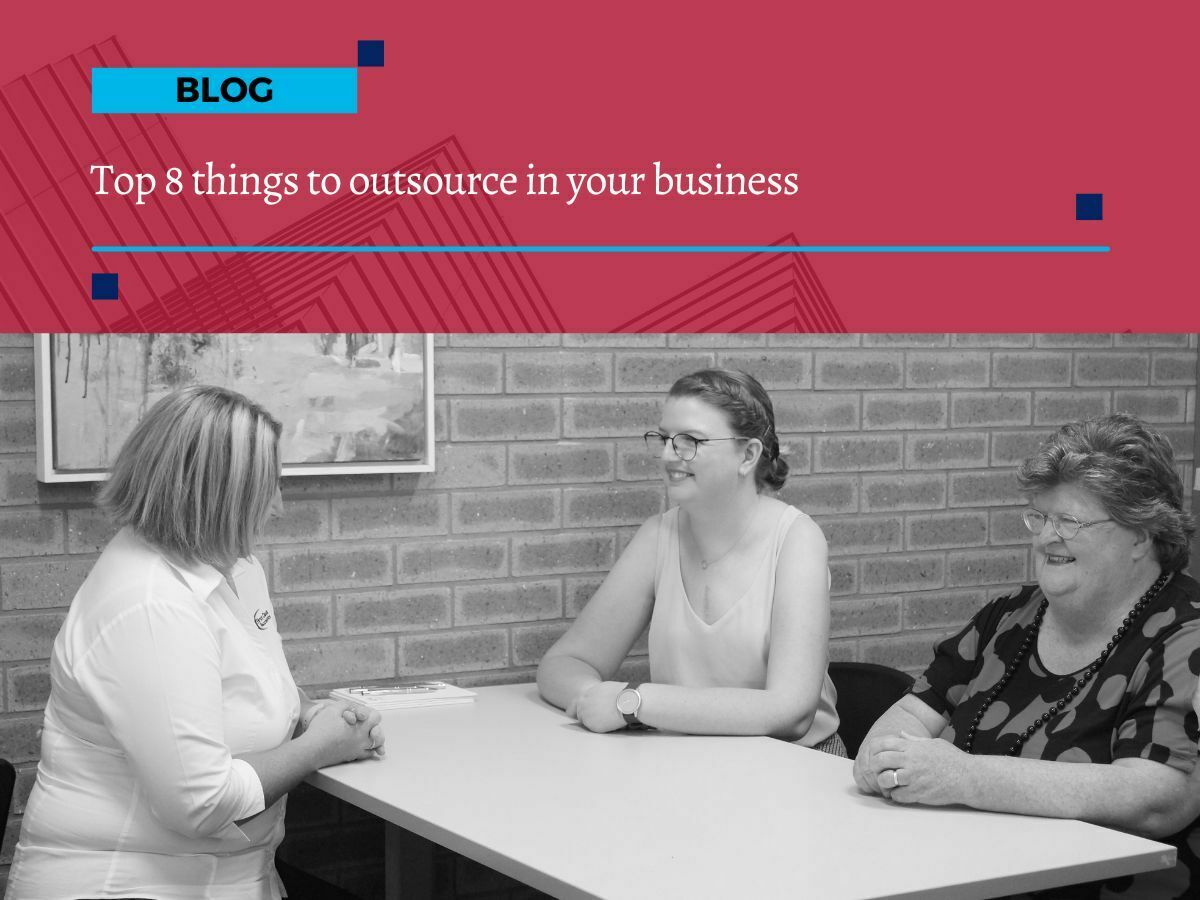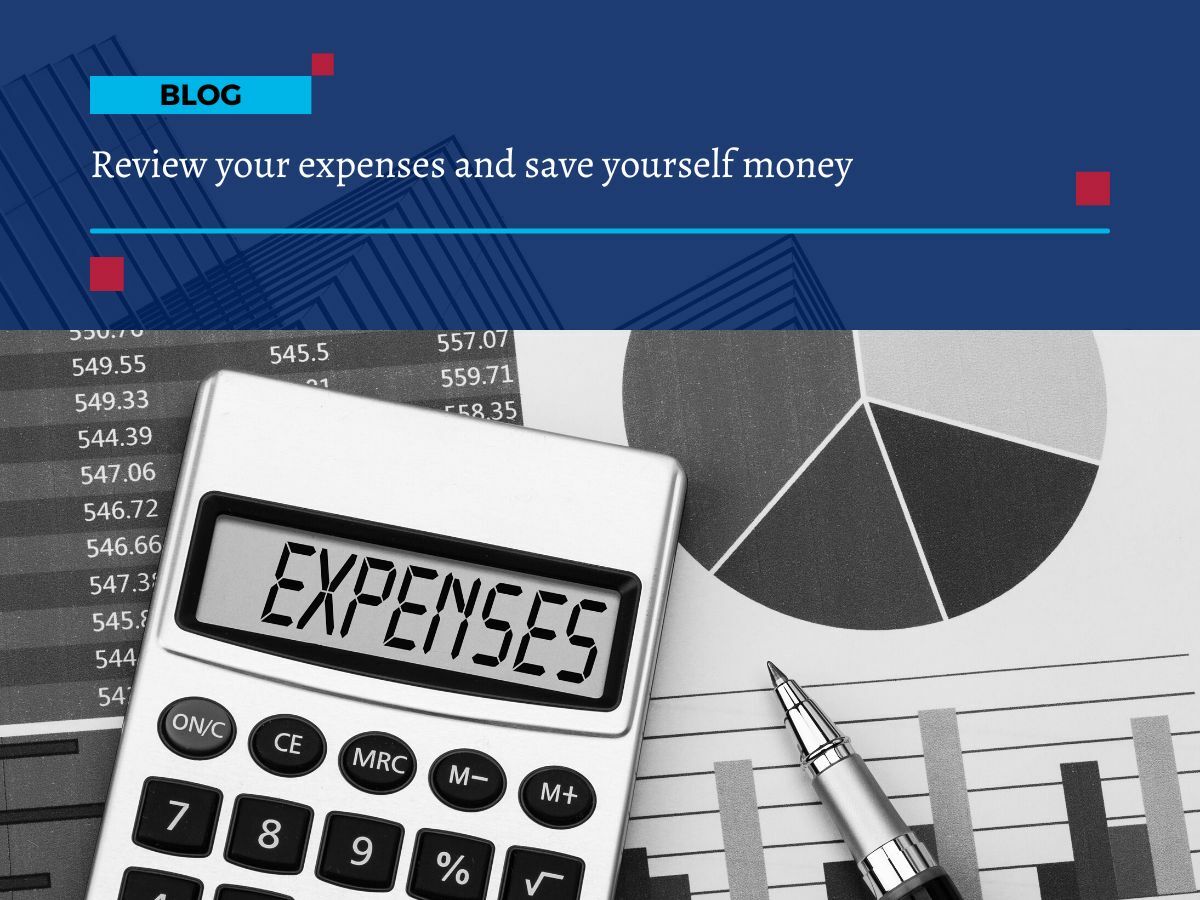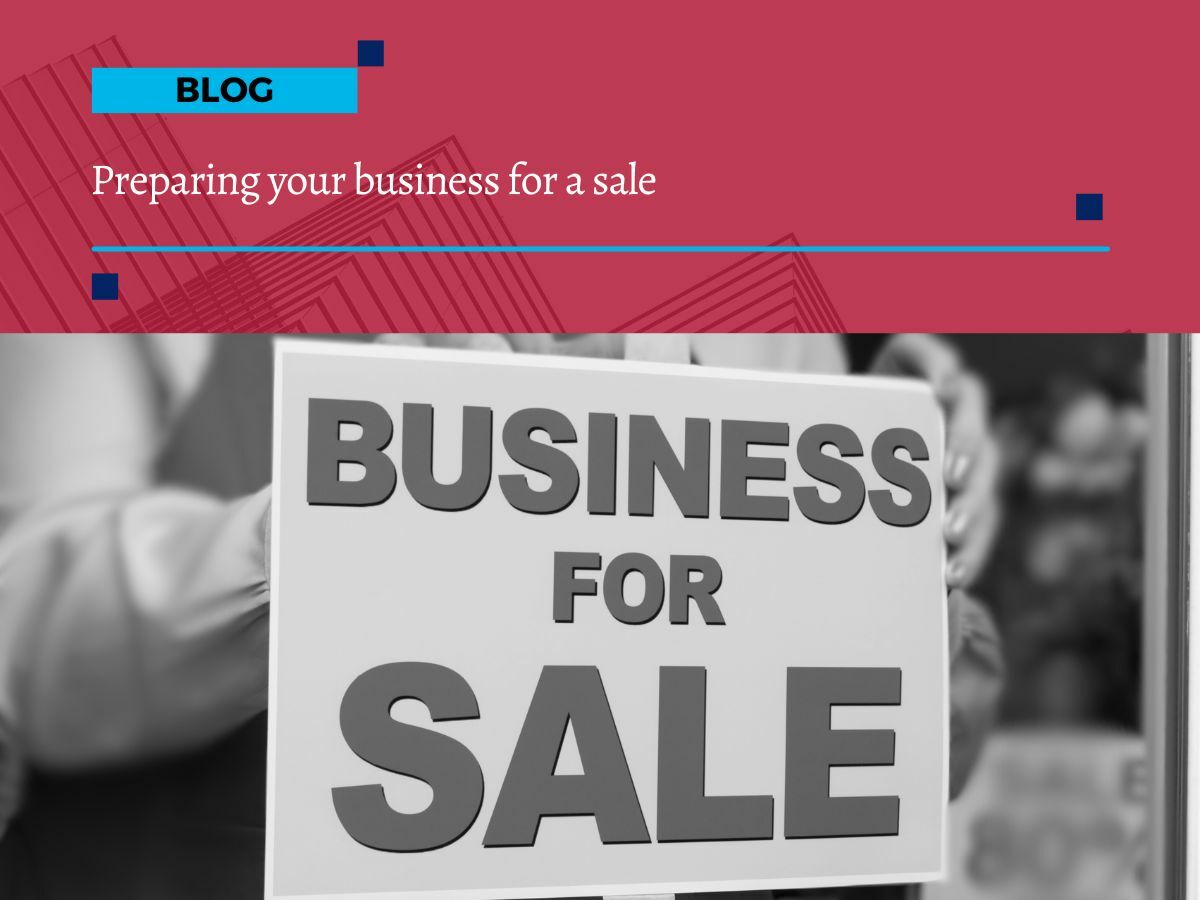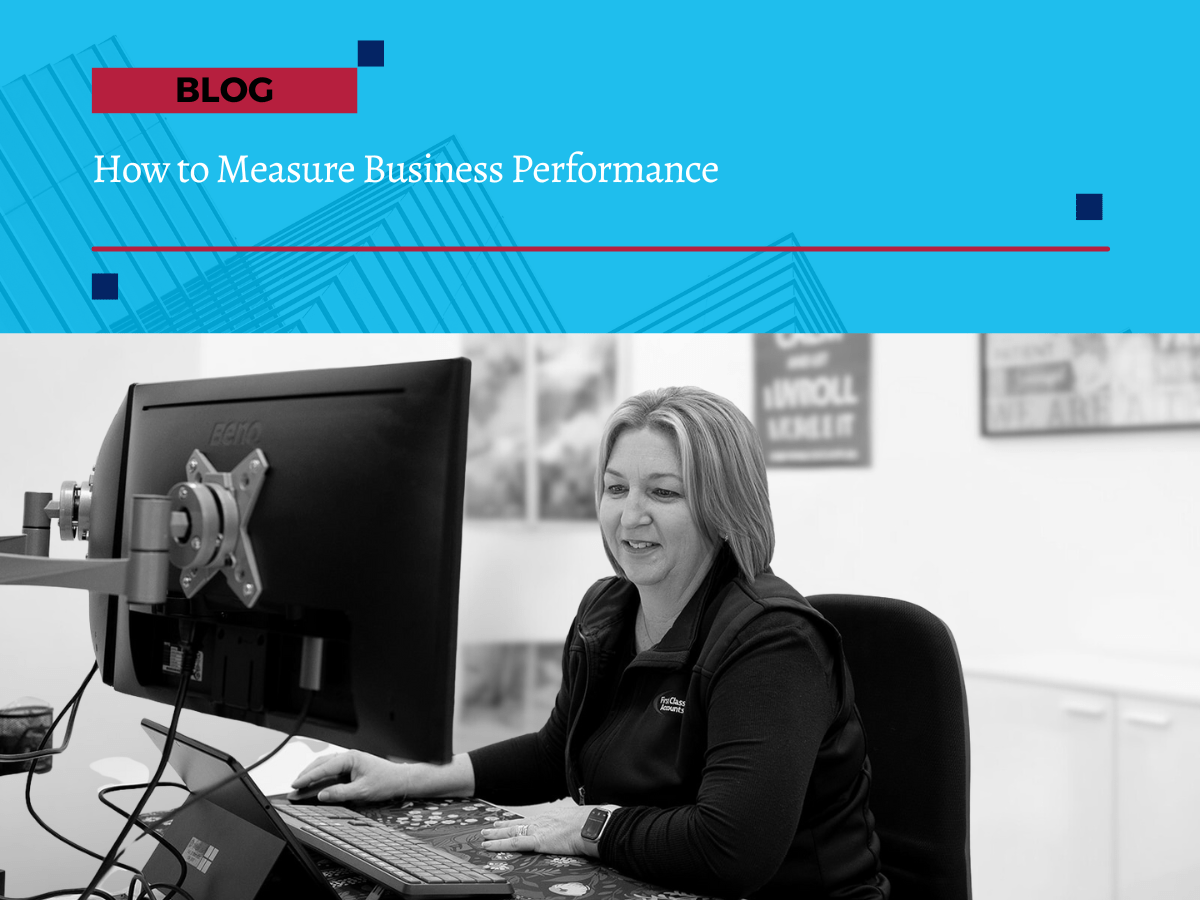
Your critical numbers
How to Measure Business Performance
Running a business means juggling a lot of moving parts. You’re focused on customers, staff, suppliers, and the daily to-do list. But if you’re not keeping an eye on the right numbers, it’s hard to know whether all that effort is actually paying off.
Knowing which numbers really matter, your critical numbers, helps you see what’s working, what needs attention, and where to focus your time. They’re the indicators that show whether your business is healthy, sustainable, and heading in the right direction.
At First Class Accounts Ovens & Murray, we help business owners make sense of their numbers. Because when you understand what to measure, you can make decisions that improve performance, strengthen cash flow, and take the stress out of running your business.
Why knowing your numbers matters
It goes without saying that business success needs to be measured. But it’s equally important to know what to measure. The numbers that matter most, often called your critical numbers, act as the levers that directly influence performance and outcomes.
Focus on four or five key metrics that provide genuine insight into your business health.
These vary depending on your industry and goals, but most businesses should know their minimum viable sales figure per day or week to maintain operations.
Understanding your gross margin (the percentage of sales revenue that remains after deducting direct costs) is also essential. It helps ensure you’re covering overheads, meeting personal income needs, and sustaining profitability.
In 2025, many businesses are also tracking non-financial performance indicators alongside their financial data. For example, customer satisfaction scores, staff retention rates, and workflow efficiency can all help identify where improvements will make the biggest difference to your results.
Choosing the right critical numbers for your business
Some examples of tailored critical numbers include:
Return on investment (ROI) by team member: understanding how each employee contributes to overall business outcomes.
Average value of proposals or quotes won: helps you refine your pricing strategy and identify where higher-value opportunities exist.
Number of new client enquiries, networking calls, or meetings: provides insight into how well your business development efforts are performing.
Average debtor days (the time it takes customers to pay): a critical indicator of cash flow health. If payments are delayed, it can quickly impact your ability to pay suppliers, employees, or the ATO.
At First Class Accounts Ovens & Murray, we often help clients set up real-time debtor tracking and cash flow forecasting tools using Xero and add-on apps like Calxa or Dext, so they can see exactly where delays are happening and take action early.
How to measure your numbers accurately
Once you’ve identified your key numbers, the next step is to determine how you’ll measure them.
Real-time, cloud-based data has become the standard for smart business management in 2025. With the right software, you can access accurate, up-to-date information anytime, no more waiting for end-of-month reports to know how your business is performing.
Setting up your reporting structure properly from the start makes all the difference. You may need to adjust your chart of accounts, change how income or expenses are coded, or introduce tracking categories to separate revenue by product, service type, or location. These small adjustments create visibility and clarity, allowing you to make better-informed decisions.
Tools like Xero, ApprovalMax, and Calxa can automate much of this process, providing dashboards and reports that highlight performance in real time.
At First Class Accounts Ovens & Murray, we can help you select, set up, and manage the right systems to suit your business so you always know exactly where you stand.
Turning measurement into improvement
As management expert James Harrington said, “Measurement is the first step that leads to control and eventually to improvement.” When you track the right metrics, you gain control over your business, identify potential risks early, and set the foundation for long-term improvement.
Reliable bookkeeping and accurate reporting give you peace of mind that your business is running as it should. When you understand your numbers, you can move from reacting to problems to proactively managing growth.
Understanding your numbers
If you’re unsure what to measure or how to track it effectively, First Class Accounts Ovens & Murray can help. From setting up cloud-based bookkeeping systems to creating customised management reports, we’ll make sure your critical numbers are clear, accurate, and always available when you need them.
Get in touch today to discover how we can help you take control of your business performance and build lasting confidence in your numbers.
Common questions business owners ask about measuring performance
What are critical numbers in business?
Critical numbers are the key metrics that have the greatest impact on your business performance. They help track financial health, efficiency, and growth.
How often should I review my business metrics?
Ideally, review them weekly or monthly using real-time reports from your bookkeeping or accounting software.
What software can help me track my business performance?
Tools like Xero, Calxa, Dext, and ApprovalMax can automate reporting and provide real-time visibility of your key business numbers.
Can a bookkeeper help me identify my critical numbers?
Yes. At First Class Accounts Ovens & Murray, we help you pinpoint, measure, and understand the numbers that matter most so you can make confident business decisions.

